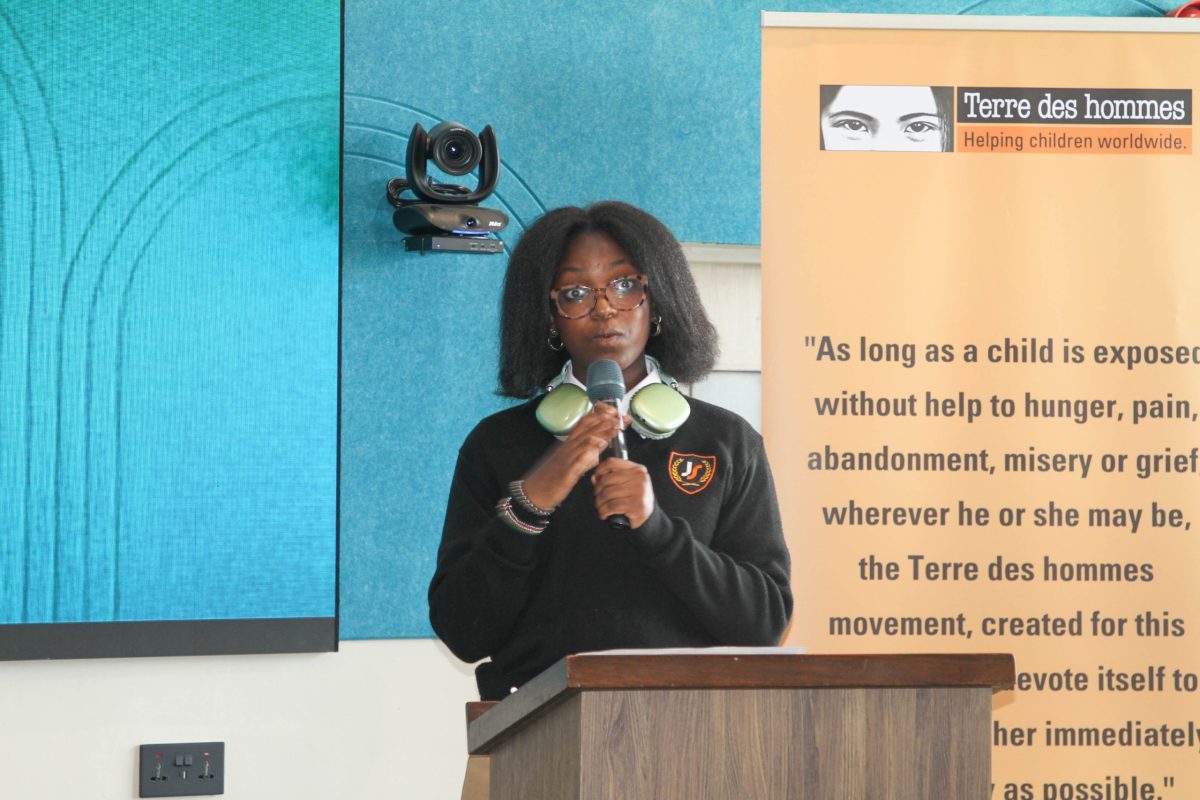Written by Alice Njoki.
On June 3, 2025, key child protection and justice stakeholders convened at Ibis Hotel in Nairobi for a multi-agency forum themed “Strengthening Systems to Support Child Justice and Diversion in Kenya.” The event brought together magistrates, children’s officers, police, judiciary members, and other experts to discuss ways to improve how children in conflict with the law are treated.
Participants emphasized the importance of effective diversion programs that prevent children from being unnecessarily drawn into the formal justice system. They highlighted that diversion should begin as soon as a child is identified as being in trouble, not just after formal charges are made. This approach ensures that children receive support in a child-friendly and rehabilitative manner.
During the forum, stakeholders referenced Section 232 of the Children Act, which allows courts to order family group conferencing. This process involves engaging the child’s family and other key parties to find solutions that serve the child’s best interests. The outcomes of these conferences are then submitted to the courts for final decisions.
The Directorate of Children’s Services shared ongoing efforts to map existing community programs across Kenya’s counties. Their goal is to create a nationwide directory of services to support children under diversion, making it easier to connect children with appropriate help.
Concerns were raised about the arrest and detention of children for petty offenses. Participants urged police officers to adhere to diversion principles and avoid criminalizing minor behaviors. Instead, children should be managed within their communities, where underlying issues such as poverty and lack of education can be addressed through supportive measures.
The Office of the Director of Public Prosecutions (ODPP) reaffirmed its commitment to child-sensitive justice, noting the existence of a dedicated children’s division and the implementation of diversion guidelines since 2014. However, they acknowledged the need for stronger collaboration with probation officers and rehabilitation centers.
The forum also highlighted the importance of tracking the success of diversion cases. Positive examples were shared, including a case where a child accused of starting a fire was placed under community supervision and counseling, protecting the child’s future while ensuring accountability.
Participants called on the National Council for Children’s Services to take a more active regulatory role by holding agencies accountable to their mandates under the Children Act. They stressed the need for clear frameworks, adequate resources, and formal agreements between agencies to prevent overlaps and gaps in service delivery.
In closing, stakeholders agreed that justice for children is a collective responsibility. They emphasized that procedures and structures must be child-friendly and accessible to ensure no child is left behind. As one speaker noted, helping children in conflict with the law requires a well-functioning system where every actor understands and fulfills their role.

